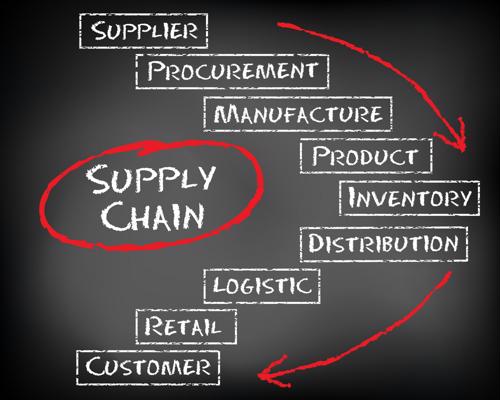The impact of building close relationships with suppliers can't be overstated. McKinsey research shows that companies that developed and maintained strong working relationships with their suppliers tended to beat industry trends in profitability, growth and lower operational costs at around two times the industry average.
What makes an ideal partnership?
As with most partnerships in life, the most important thing a company can develop with its supply partners is a healthy and trusting relationship. There are a few ways to accomplish this, the most important of which is implementing a set of policies for clear communication. Much like a marriage, if there isn't open communication, things begin to break down and trust erodes. In a field where there's so much potential for mishaps, whether it be a miscommunication, delayed shipments or misread orders, a clear communications plan developed between both parties can ease tensions and build trust in the face of adversity.
Another way to develop a strong relationship with your suppliers is to establish an atmosphere of transparency. This is achievable in many ways — one of the most important of which is being proactive about informing your suppliers of any changes or issues that might arise. Being consistently clear about your needs and expectations helps reduce the possibility of misunderstandings severely damaging the relationship between supplier and customer. To misquote an old adage, talking out your issues might hurt, but keeping them silent will kill.

Learning to prioritize
Creating a close relationship of trust, transparency and goodwill takes a lot of time and effort, which most teams won't have the bandwidth for across all suppliers. To develop strong strategic partnerships, organizations must be willing to prioritize their efforts by the importance of their suppliers to their overall goals. For example, a major coffee chain might prioritize their relationship with their largest bean suppliers while being less involved in their providers of cup sleeves or stir sticks. However, reducing bandwidth cost isn't always about prioritization. The U.K.-based Chartered Institute of Procurement & Supply recommends that one of the best ways to build trust is through using technology to develop an easy transparent relationship. The Institute goes on to state that using a procure-to-pay system that is well understood by both parties can make transactions smooth and remove chances for human error.
At the end of the day, what's most important in building a relationship with your suppliers is creating an atmosphere of trust and respect — like a good marriage. The more a company works closely with their suppliers in a transparent and direct manner, the better results they can expect.



Post A Comment:
0 comments so far,add yours